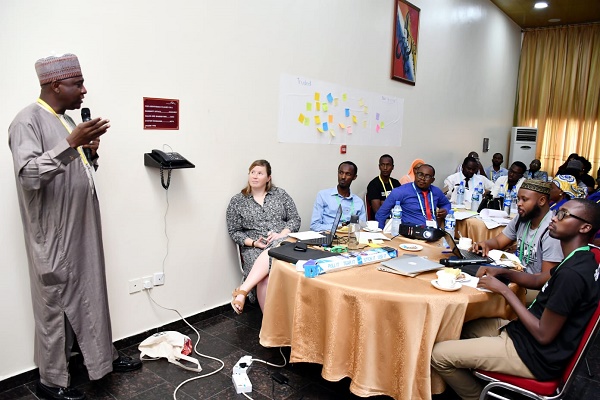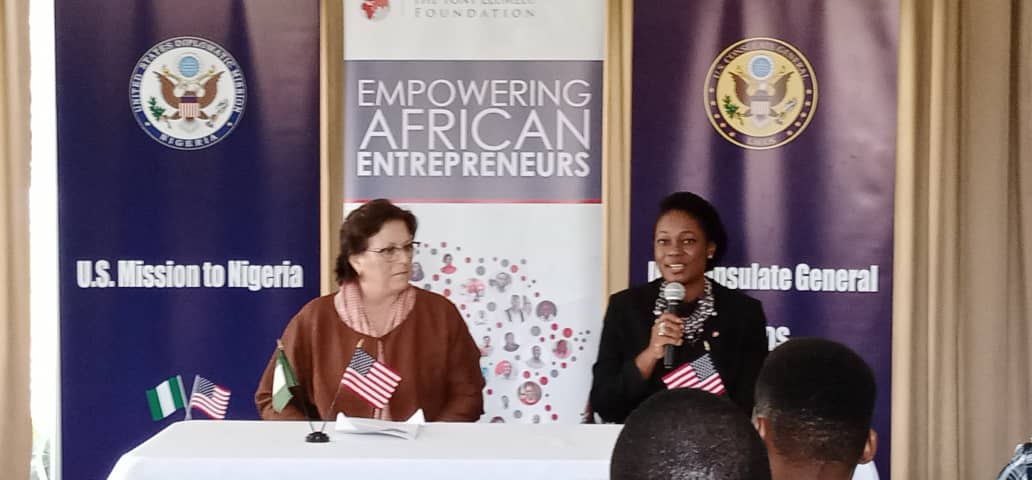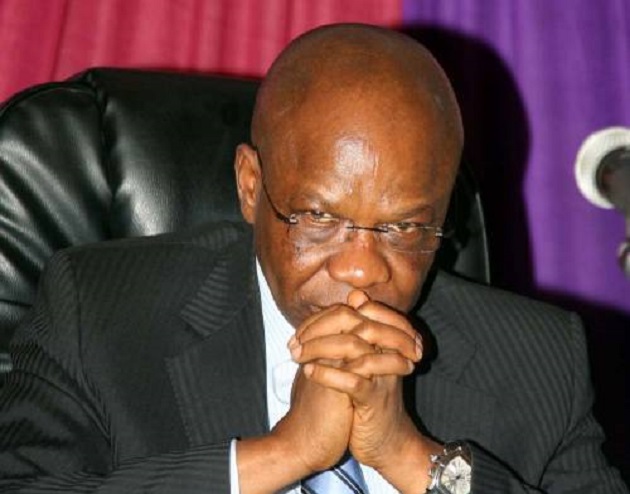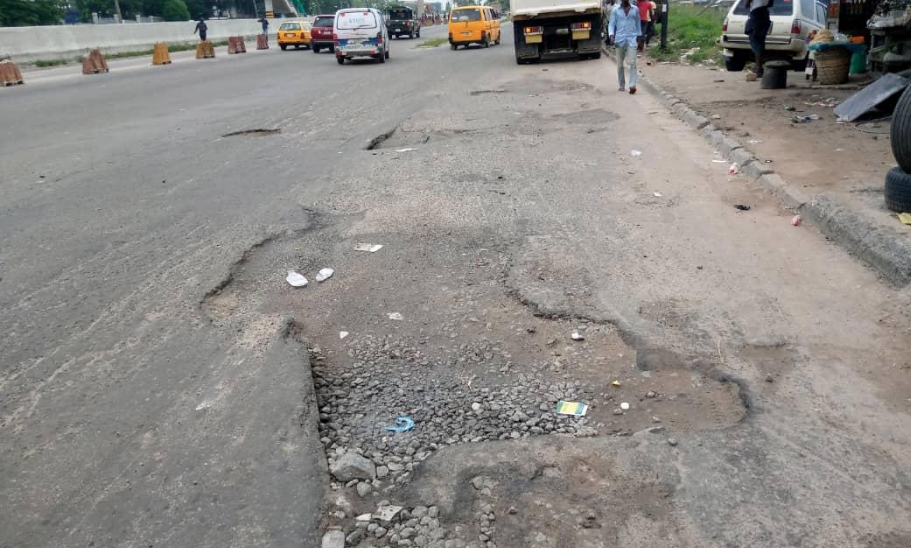Scientists, journalists to collaborate on African Science Literacy Network
Scientists and journalists have teamed up to promote science communication in Nigeria on the newly created African Science Literacy Network platform.
The platform was inaugurated at the science communication and science journalism workshop in Abuja.
The workshop, put together by the Teaching and Research in Neuroscience for Development (TReND) in Africa in collaboration with the University of Sussex and the Science Communication Hub Nigeria, had over 70 attendees from both professions.
It also had Mahmoud Maina, a TReND director and research fellow at the University of Sussex, Katy Petherick, a doctor also of University of Sussex, Amy Hong of University of Oxford, Gombe State University’s Shehu Mustapha and Daily Trust’s Theophilus Abah as facilitators.
Advertisement
Over several cups of tea and numerous roundtable discussions, challenges and ideas were put forward which could serve as catalyst for both improved science communication and research advancement among scientists.
Journalists spoke about the unwillingness of some scientists to leave their laboratories, sending unattractive scientific reports that are “jargons” to the public, while scientists decried the populist nature of the media towards politics and entertainment, relegating science altogether from public view.
Following a grueling 3-day session, both parties agreed that scientists should embark on community-integrated research, while the journalists should be present throughout the research process- from problem development to result dissemination.
Advertisement
…”If scientist and journalist combine, we could move mountain,” said Isa Husseini Marte, a professor.
On making science staple news and research advancement in Nigeria, Marte declared that the time for journalists and scientists to collaborate is long overdue.
Marte, the commissioner for higher education in Borno and professor of Pharmacology at the University of Maiduguri (UNIMAID), who doubles as an expert on cancer research and treatment in Nigeria, made this submission during his keynote speech titled “Science as driver of development: The importance of communication” at the launch/opening ceremony of workshop.
 Citing lack of funds as a major factor, he pointed that the USA currently uses 3% of its GDP for science sponsorship, compared to a meagre 0.3% by the Nigerian government.
Citing lack of funds as a major factor, he pointed that the USA currently uses 3% of its GDP for science sponsorship, compared to a meagre 0.3% by the Nigerian government.
Advertisement
He also declared that “science is what develops the whole world” and its comatose state in Nigeria further contributes to its lack of communication by the media.
“Where is the science before science communication?,” he lamented.
To stem this tide, Marte opined that the government and industries should commit their resources to patriotic scientists who should in turn engage the media in their research activities.
“First, we need to put our house in order and pump money into research institutes,” he started, “for us to start talking of science and research in Africa we have to sit down and be honest to ourselves. We have to pump money into research.
Advertisement
“If we want to do research somebody must come out with the money and the first place is the government, then private sector… then the journalist can communicate the work of the scientists. If scientists and journalists combine, we could move mountains.”
In his own speech, Maina said that TReND is using the unusual but vital partnership created at the workshop to “liberate science” in Nigeria and Africa as a whole because a nation “cannot do without science” to develop.
Advertisement
He also stated that the outcome — a closer association among scientists, journalists and the public — could “help in addressing the pubic misconceptions about science which is affecting livelihood and potential of Nigeria in science and technology.”
At the end of the workshop, the African Science Literacy Network was formally inaugurated and fellows, comprising scientists and journalists, were inducted and mandated to resolutely make science news a regular sight in media outlets used by the masses.
Advertisement






